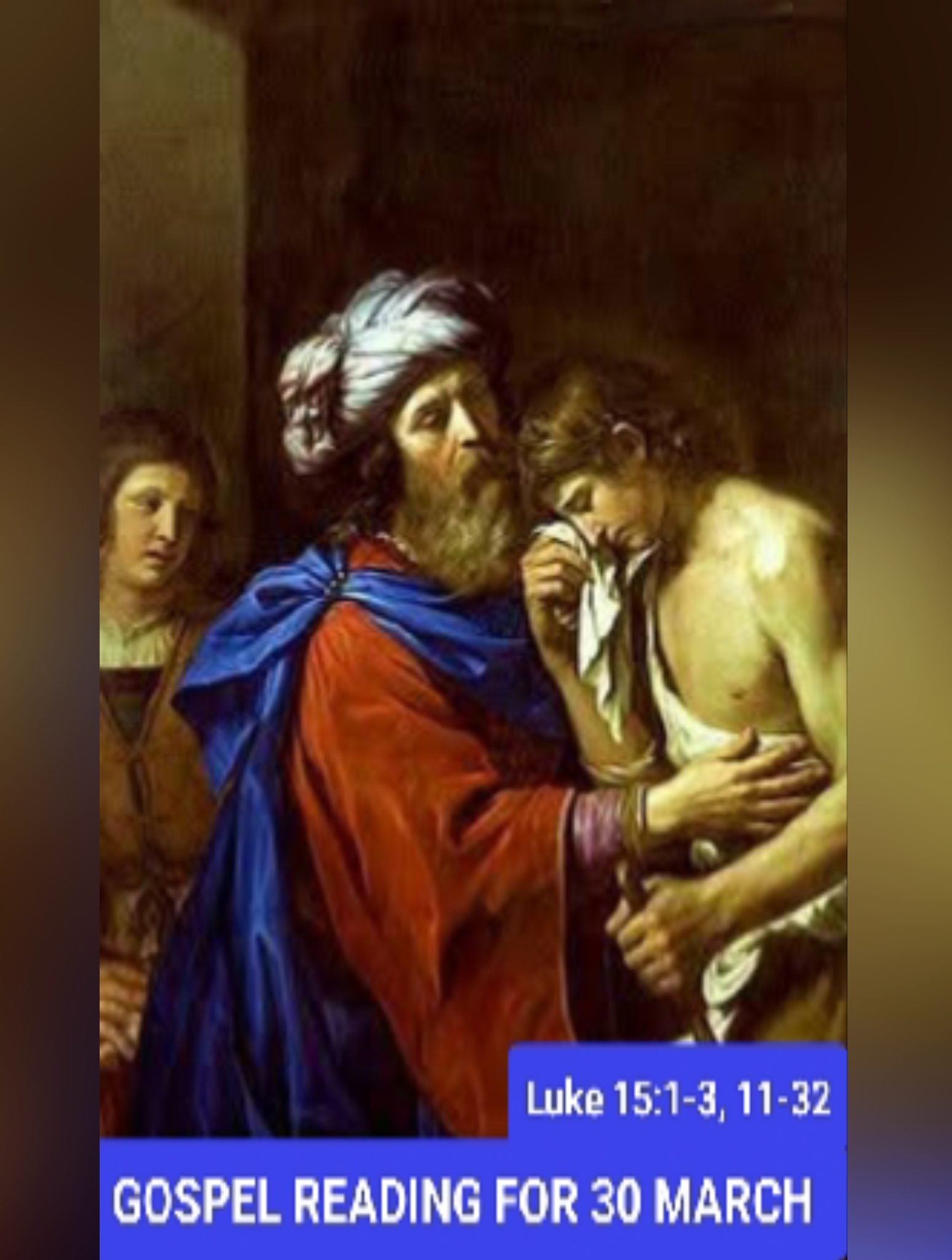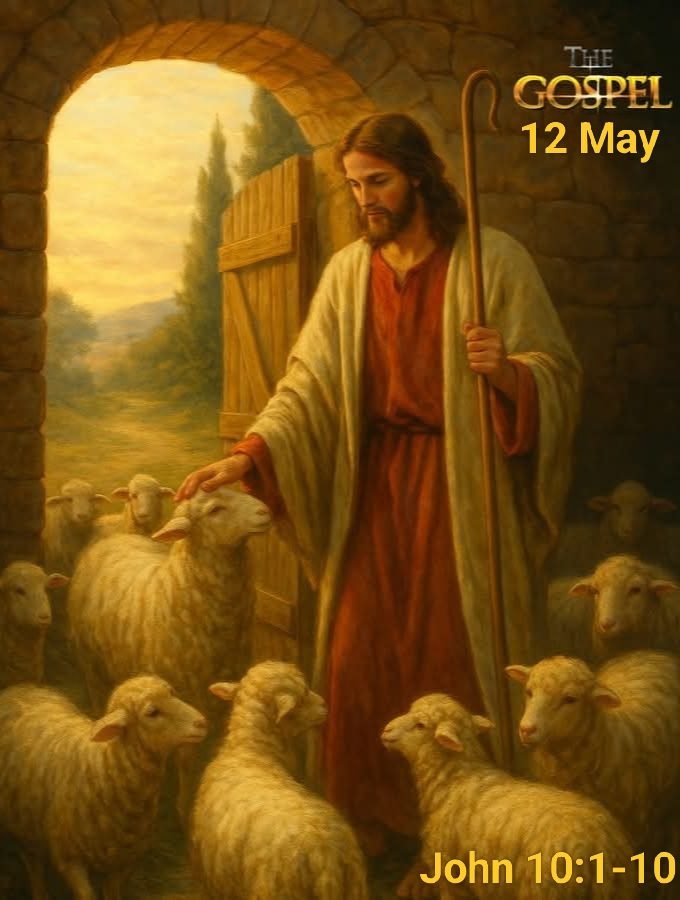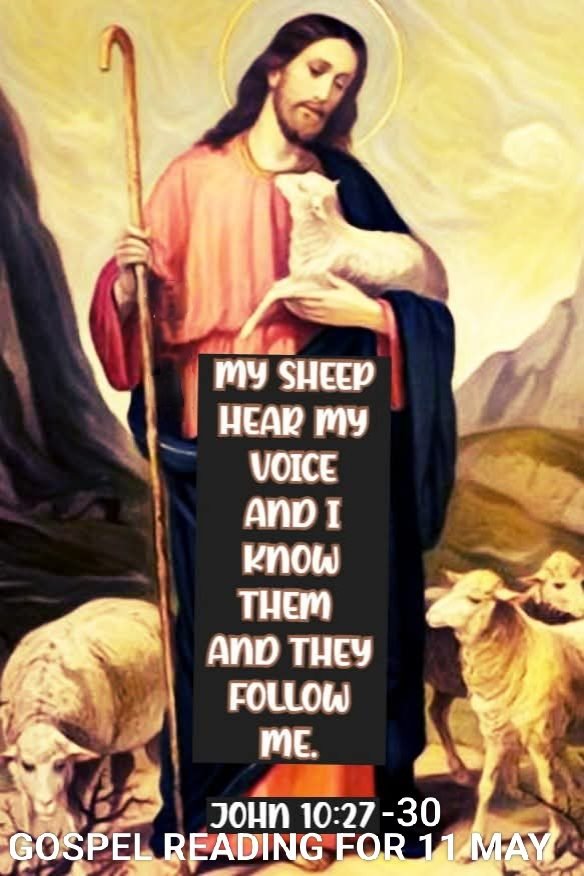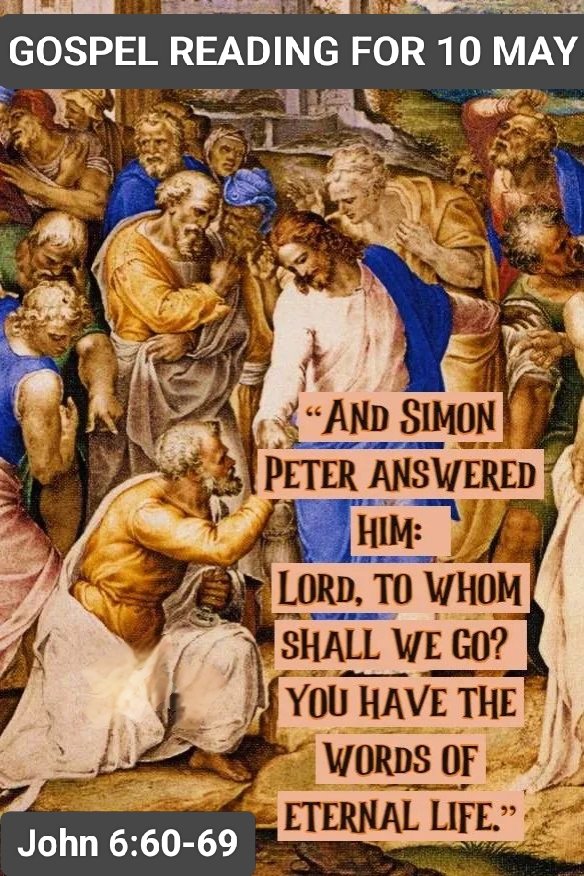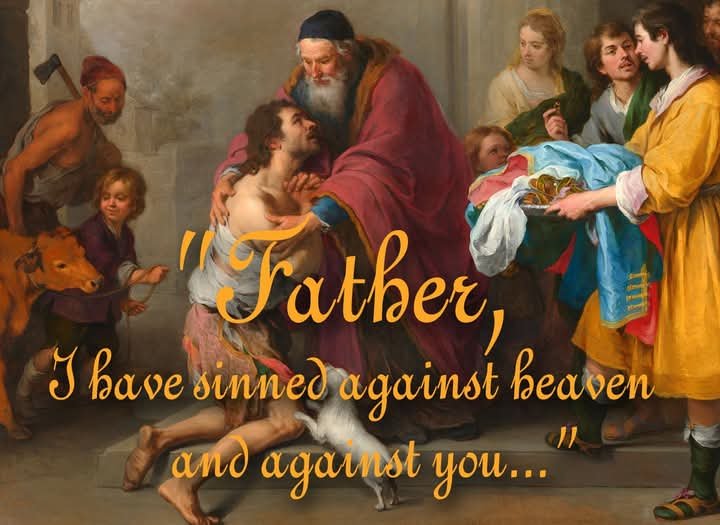
TODAY’S GOSPEL READING
30 MARCH, 2025
Luke 15:1-3, 11-32
Tax collectors and sinners were all drawing near to listen to Jesus,
but the Pharisees and scribes began to complain, saying,
“This man welcomes sinners and eats with them.”
So to them Jesus addressed this parable:
“A man had two sons, and the younger son said to his father,
‘Father give me the share of your estate that should come to me.’
So the father divided the property between them.
After a few days, the younger son collected all his belongings
and set off to a distant country
where he squandered his inheritance on a life of dissipation.
When he had freely spent everything,
a severe famine struck that country,
and he found himself in dire need.
So he hired himself out to one of the local citizens
who sent him to his farm to tend the swine.
And he longed to eat his fill of the pods on which the swine fed,
but nobody gave him any.
Coming to his senses he thought,
‘How many of my father’s hired workers
have more than enough food to eat,
but here am I, dying from hunger.
I shall get up and go to my father and I shall say to him,
“Father, I have sinned against heaven and against you.
I no longer deserve to be called your son;
treat me as you would treat one of your hired workers.”’
So he got up and went back to his father.
While he was still a long way off,
his father caught sight of him, and was filled with compassion.
He ran to his son, embraced him and kissed him.
His son said to him,
‘Father, I have sinned against heaven and against you;
I no longer deserve to be called your son.’
But his father ordered his servants,
‘Quickly bring the finest robe and put it on him;
put a ring on his finger and sandals on his feet.
Take the fattened calf and slaughter it.
Then let us celebrate with a feast,
because this son of mine was dead, and has come to life again;
he was lost, and has been found.’
Then the celebration began.
Now the older son had been out in the field
and, on his way back, as he neared the house,
he heard the sound of music and dancing.
He called one of the servants and asked what this might mean.
The servant said to him,
‘Your brother has returned
and your father has slaughtered the fattened calf
because he has him back safe and sound.’
He became angry,
and when he refused to enter the house,
his father came out and pleaded with him.
He said to his father in reply,
‘Look, all these years I served you
and not once did I disobey your orders;
yet you never gave me even a young goat to feast on with my friends.
But when your son returns
who swallowed up your property with prostitutes,
for him you slaughter the fattened calf.’
He said to him,
‘My son, you are here with me always;
everything I have is yours.
But now we must celebrate and rejoice,
because your brother was dead and has come to life again;
he was lost and has been found.'”
THE GOSPEL OF THE LORD!
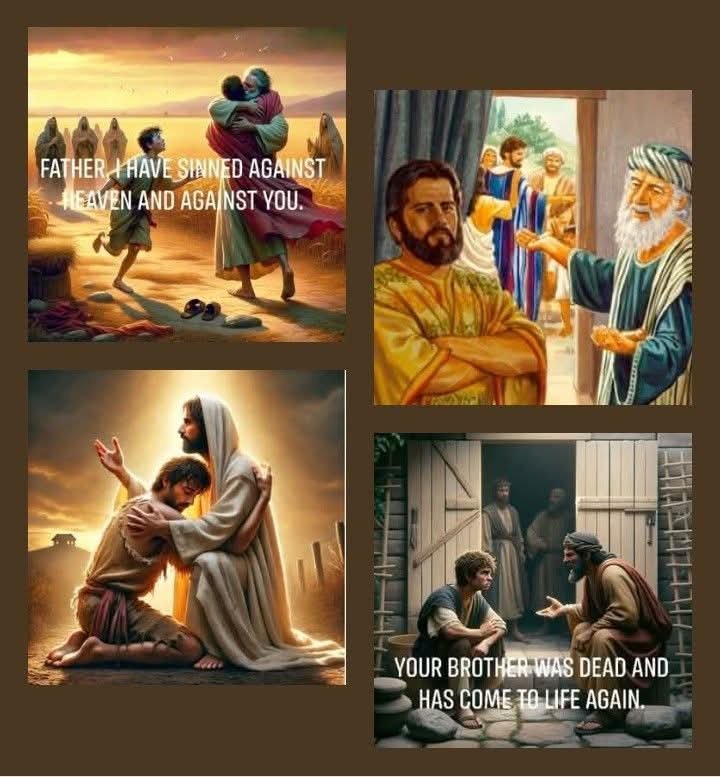
REFLECTION
On this 4th Sunday of Lent, known as Laetare Sunday, the Church encourages both reflection and celebration amidst the solemn journey of Lent. “Laetare” means “rejoice,” reminding us that even in the midst of penitence, we are called to hope and gratitude for the salvation Christ promises.
Celebration on this day anticipates the joy of Easter and gives us a moment to lift our spirits, reflecting on God’s mercy and love. The rose vestments worn by priests symbolise this lightness and joy. It’s a powerful reminder that Lent’s sacrifices lead to redemption and everlasting peace.
The celebratory nature on the 4th Sunday of Lent is reinforced when we hear of the prodigal Son in the gospel. The Parable of the Prodigal Son teaches about forgiveness, mercy, and God’s unconditional love. It illustrates the joy of repentance and reconciliation, showing that no matter how far one strays, God always welcomes the repentant with open arms.
The story contrasts the actions of the younger son, who represents sinners seeking redemption, and the older son, who embodies self-righteousness, highlighting the importance of humility and compassion. At its core, the parable emphasises that God’s love transcends human failings and challenges believers to extend forgiveness and celebrate the return of the lost, mirroring God’s boundless grace and mercy.
Forgiveness and reconciliation are not burdens to be borne with a heavy heart but are profound acts that usher in true freedom and renewal. They release us from the chains of sin, allowing us to break free from guilt, shame, and spiritual estrangement.
This freedom, however, is not simply the absence of sin but the presence of grace—an invitation to worship God with a pure heart, in spirit and truth. It is a joyful liberation, a restoration of our relationship with God and others, where the sombre weight of past mistakes gives way to the peace and joy of divine love.
The Christian life finds its true foundation in forgiveness and reconciliation, as these are essential to living out Christ’s teachings and love. Forgiveness heals the wounds inflicted by sin, allowing us to let go of resentment and embrace peace.
Reconciliation restores broken relationships—whether with God or others—and brings unity to our faith communities. Together, they enable us to reflect God’s mercy and grace in our lives, paving the way for genuine freedom, spiritual growth, and the ability to worship wholeheartedly.
Forgiveness and reconciliation are indeed challenging, but they mirror the way of the Cross—a journey of sacrifice, love, and redemption. Just as Christ bore the weight of the Cross out of love for humanity, we are called to embrace the difficulties of forgiving and seeking reconciliation.
Through this path, we participate in Christ’s redemptive mission, finding freedom and grace in the midst of trials and embodying the transformative power of His love.
Let us not emulate the elder son in the parable, whose pride and resentment blinded him to the joy of reconciliation and unity. Instead, let us embrace the transformative power of forgiveness, opening our hearts to healing and mercy. By doing so, we honour God’s love and build stronger relationships.
While today we celebrate God’s boundless love and mercy, Lent offers a profound opportunity to embrace forgiveness. Begin by contemplating Christ’s ultimate sacrifice and His invitation to love others as He loves us.
Pray for the strength to let go of resentment and open your heart to renewal. Cultivate humility, acknowledging your own need for forgiveness, and take deliberate steps toward reconciliation. Trust in God’s mercy to lead you on this transformative journey of healing and grace.

PRAYER
Heavenly Father, thank You for Your endless mercy and love. Help me to turn back to You when I go astray and to trust in Your forgiveness. Teach me to rejoice in Your grace, both for myself and for others. May my heart reflect Your compassion always. In Jesus’ Name I pray. Amen


